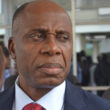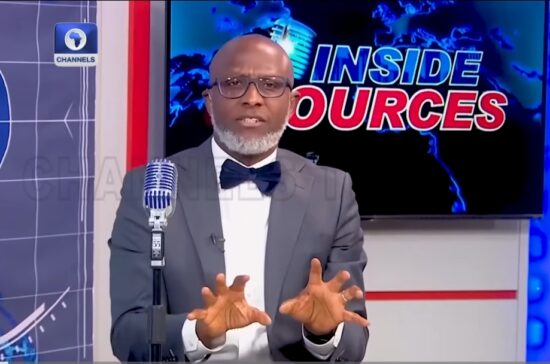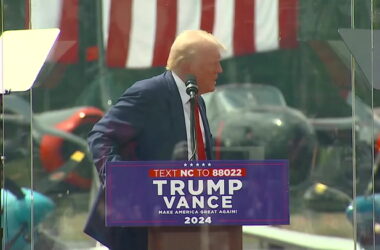Federal and state governments must work together to improve the welfare of teachers to rescue basic education in Nigeria.
This was the view of former presidential aide Laolu Akande on the My Take segment of Inside Sources with Laolu Akande aired on Channels TV on Friday.
“What we should then add is that both the federal government and the state government should collaborate to improve the working conditions of basic education teachers significantly so that we can attract more talent to become teachers in our public schools.
“This is certainly one major factor in the effort to reform basic education in our country and the Tinubu presidency should lead the charge.”
Stressing the need for government to prioritise human capital development in Nigeria, he said “We must continue to drive the argument, even if stridently, that our state governors must also wake up to their responsibilities in the area of human capital development,” said Akande. He highlighted the dire state of public schools and primary healthcare across many parts of the country, stressing that state governments must be held accountable for these critical sectors.
“Our public healthcare system and public schools are, for the most part in this country, currently in a rot. And state governors are the ones that we must call out the most,” he added.
While acknowledging the efforts of the Federal Government, Akande commended two key ministers in the Tinubu administration—Dr. Yusuf Tujani Alausa, Minister of Education, and Professor Ali Pate, Minister of Health—for their commitment and integrity.
“These two ministers stand out for their competence and credibility. They are doing excellent jobs in their respective portfolios,” Akande noted. However, he challenged Professor Pate to “find the courage to implement a full-fledged national health insurance reform that will be affordable to the mass of the Nigerian people,” suggesting a universal health coverage policy where the poor are not left behind.
On the education front, the recent announcement of the ₦800 billion Universal Basic Education (UBE) reform program by the Federal Government was acknowledged as a significant step. The initiative aims to enhance access, equity, and learning outcomes in public schools across the country. But Akande was quick to point out that without corresponding investment in teachers—the backbone of the education system—these reforms may not yield their desired outcomes.
“What we should then add is that both the federal government and the state governments should collaborate to improve the working conditions of basic education teachers significantly, so that we can attract more talent to become teachers in our public schools,” he emphasized.
The segment concluded with a strong recommendation for President Bola Tinubu’s administration to lead the charge in this national effort. “This is certainly one major factor in the effort to reform basic education in our country, and the Tinubu presidency should lead the charge.”










